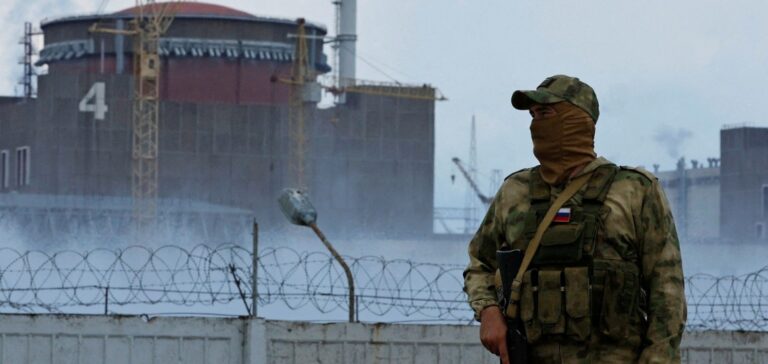Ukraine’s nuclear power plants, including Zaporizhia, are in an alarming state. Since the Russian invasion in early 2022, Europe’s largest power station has been under Russian control. The risk of a major nuclear accident is looming, fueled by frequent firings and power grid outages. These events undermine not only the safety of the facilities, but also their ability to operate safely.
The Threat of a Nuclear Accident
Rafael Grossi, Director General of the International Atomic Energy Agency (IAEA), expresses deep concern. Military action in the vicinity of power plants intensifies the danger. The IAEA strives to play a dissuasive role in preventing a radiological disaster. Particularly worrying are the power cuts, which directly threaten the reactors’ cooling function, crucial to preventing overheating and a potential catastrophe.
The Blame Policy and Related Risks
Tensions are exacerbated by mutual accusations between Russia and Ukraine. Each accuses the other of wanting to provoke a nuclear catastrophe. These accusations, which include allegations of drone attacks near the plants, heighten the urgency of stabilizing the situation. Despite these provocations, Ukraine’s nuclear operator, Energoatom, is reassuring that the Kiev-controlled power plants will be able to operate normally.
Preventive measures and IAEA visits
The IAEA plays a crucial role in maintaining a constant presence of experts on site. These visits, like the one Mr Grossi made to Zaporijjia, are aimed at assessing and mitigating risks, particularly those associated with the possible failure of a dam essential for cooling the reactors. These efforts are vital to stabilize an already tense situation.
The situation at Ukraine’s nuclear power plants is a complex mix of political, military and environmental risks. The presence of the IAEA and preventive efforts are essential, but resolving the conflict remains the surest way of guaranteeing nuclear safety in the region.





















